today occupying key government buildings and demanding an end to the
Premiership of Yingluck Shinawatra.
stormed into the Finance Ministry, Budget Bureau and Ministry of Foreign
Affairs and nd Public Relations Department and called on the army to join them.
of Foreign Affairs, and Ministry of Finance and Budget Bureau, but the majority had returned to two major sites
in the city from which they had launched their invasion.
peacefully, and give flowers to the occupants, but there were isolated incidents of
violence. Force had to be used to enter the Ministry of Finance.
witnesses said an opposition democratic M.P. described him as a ‘Red Shirt’
journalist. The red shirts were
supporters of ousted Premier Thaksin Shinawatra. Thaksin Shinawatra, former owner of
Manchester City F.C., is in exile in Dubai after fleeing the country when he
was convicted of corruption charges.
Internal Security Act was being put in force in Bangkok and neighbouring
provinces.
demonstrators using force if they do not obey police or military commands.
governments have warned ‘non essential’ visitors to stay
away.
numbered in the region of 40,000 – considerably less than a figure of 400,000 claimed earlier.
Amnesty to Thailand’s former Prime Minister Thaksin Shinawatra. It was
railroaded through the lower house but vetoed by the upper house of senators.
which the government tried to present a bill which would redefine who could
qualify to be a senator and allowed MPs to vote while being absent from
parliament. That was ruled as illegal by the Constitutional Court.
(Thais Love Thai) Party mainly due to his populist policies which put more money
in the pockets of poorer Thais from the North East of the country, whose
support kept him in power. Most Thais believe he controls his sister from
exile.
and university friend of both Boris
Johnson and David Cameron, was keeping a comparatively low profile, leaving
things to his political fixer and deputy party leader Suthep Thuagsuban, who
led the first march on the Budget Bureau.
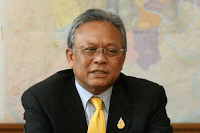 |
| Suthep |
“I invite protesters to
stay here overnight at the Finance Ministry. “I urge other protesters to do the same and seize other
government buildings and offices around the country.”
“Go up to every floor, go into every room, but do not
destroy anything. Make them see this is people’s power!”
Department of Special Investigations (Thailand’s FBI) which made ‘whistle
blowing’ illegal on public demonstrations, punishable by both fines and jail
sentences. The DSI is now being viewed
as merely a political arm of the government.
to see how the government would enforce the ISA. In the past is has ended in
bloodbaths. Several government departments are expected to close down tomorrow
if the protesters are not removed.
Foreign & Commonwealth Office
I have been following the current situation in Thailand closely and will continue to do so. As a friend of Thailand, the UK urges all sides to adhere to their commitment to the values of democracy and rule of law in the interests of Thailand’s peace and stability. I hope that all parties can resolve their differences peacefully, avoiding violence, and in line with democracy and the rule of law.

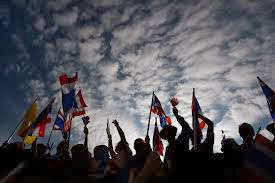
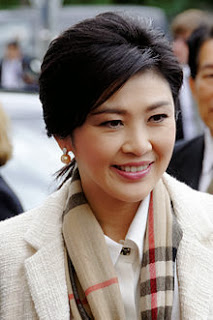
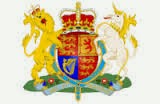
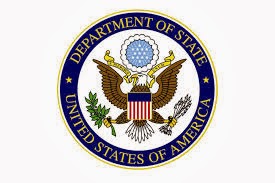
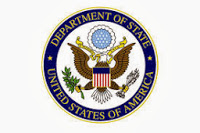



I think the FCO "non essential" advice only relates to southern provinces at the moment? So far with Bangkok, pattaya etc it's monitor the situation….if that changes it affects travel insurance etc so could hit high season tourism…